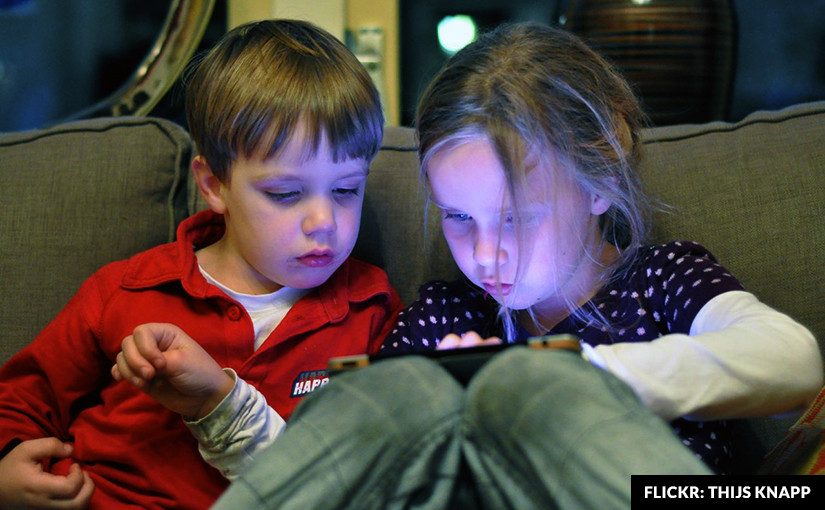Sky, a major UK Internet provider has decided to turn internet filtering on by default for sites deemed unacceptable for people under the age of 13.
In a statement on Sky’s corporate blog, Lyssa McGowan, Brand Director, Communications Products said:
We already offer award-winning Sky Broadband Shield to give Sky customers control of their household’s internet experience, as well as protecting against malware-infected or phishing sites. Its Watershed feature gives adjustable settings with age rating options (PG, 13, 18, Custom or none) for different times of the day. Customers can easily choose and change their settings in MySky depending on the level of protection they need for their home.
What we’re doing now is simply making sure that the automatic position of Sky Broadband Shield is the safest one for all – that’s ‘on’, unless customers choose otherwise.
Users will be able to turn off the filter in their account preferences, if they choose, but Sky seems to be acting in an effort to protect users from unwanted exposure to objectionable material.
Why is Sky doing this?
Sky’s change to having a default-on filter likely comes, at least partially, in response to UK Prime Minister David Cameron’s 2013 call to protect children from exposure to pornography:
I want to talk about the internet, the impact it’s having on the innocence of our children, how online pornography is corroding childhood and how, in the darkest corners of the internet, there are things going on that are a direct danger to our children and that must be stamped out. Now, I’m not making this speech because I want to moralise or scaremonger but because I feel profoundly, as a politician and as a dad, that the time for action has come …
For a lot of children, watching hard-core pornography is in danger of becoming a rite of passage. In schools up and down our country, from the suburbs to the inner city, there are young people who think it’s normal to send pornographic material as a prelude to dating in the same way you might once have sent a note across the classroom.
Over a third of children have received a sexually explicit text or email. In a recent survey, a quarter of children said they had seen pornography which had upset them. This is happening, and it is happening on our watch as adults. And the effect that it can have can be devastating. Effectively our children are growing up too fast. They’re getting distorted ideas about sex and being pressurised in a way that we’ve never seen before, and as a father I am extremely concerned about this.
The editorial team at QuitPornography.com applauds Sky’s action and wishes them success as they roll out the change to their users.
